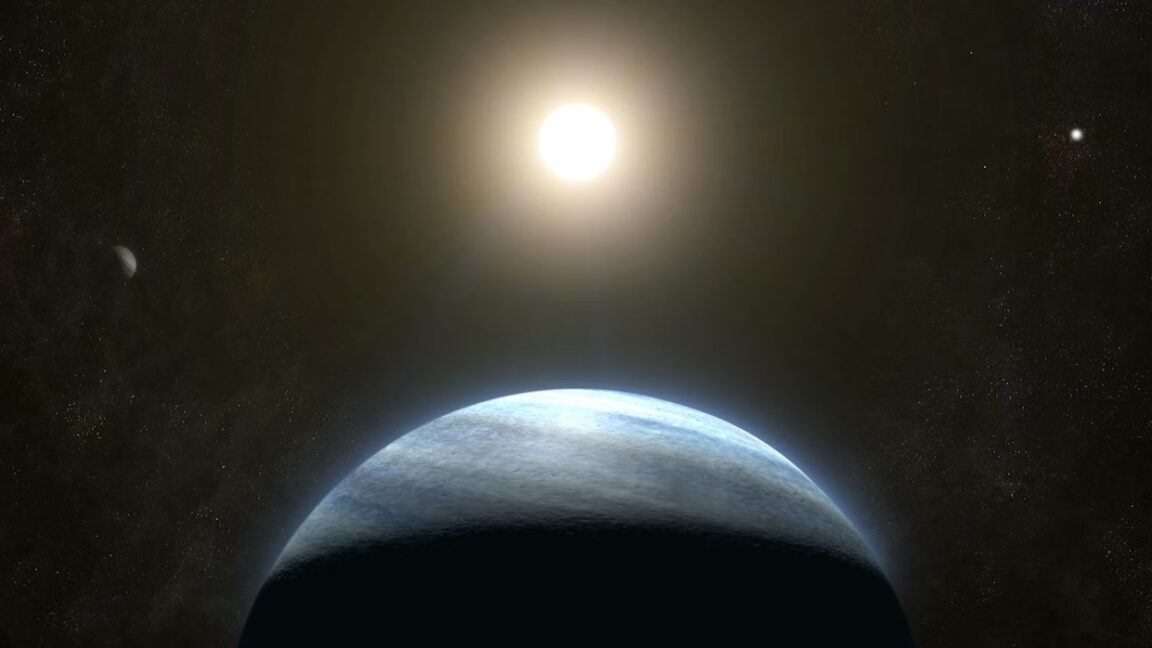G
Guest 7030100
Guest
To be sure, to be alone wouldn't necessarily mean we're "special".We have no way of knowing, one way or another. it isn't actually "intelligence" that has allowed (or forced?) us to create our civilization. Rather, it is the uniquely (as far as we know) human ability to worry about tomorrow.
In any case, it is always a bad idea in a universe as vast as our to suggest that we are special or unique. If intelligent life evolved here, it almost certainly has evolved elsewhere.
We're working from a single data point, so we really have no idea what "special" even means. I mean, if civilization is "certain," then surely it's valid to claim that there must be something "special" about civilization, right? Maybe evolution has some built-in predilection for popping out technological civilizations, and Sid Meier is God. (Yikes. Let's not.)
All we know for sure is that we happened once; and we assume that evolution is blind and purposeless. From that all we can claim is that the probability of our existence lies somewhere between "we're nothing special among millions of civilizations" and "we're nothing special like any other unique event in the universe". Either way, we're still "nothing special."




